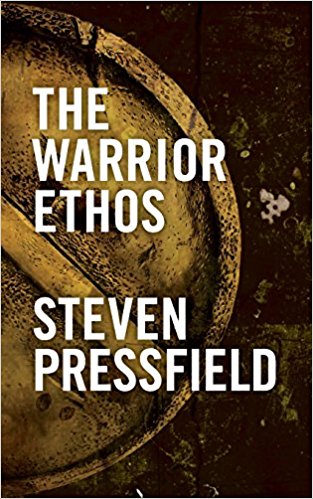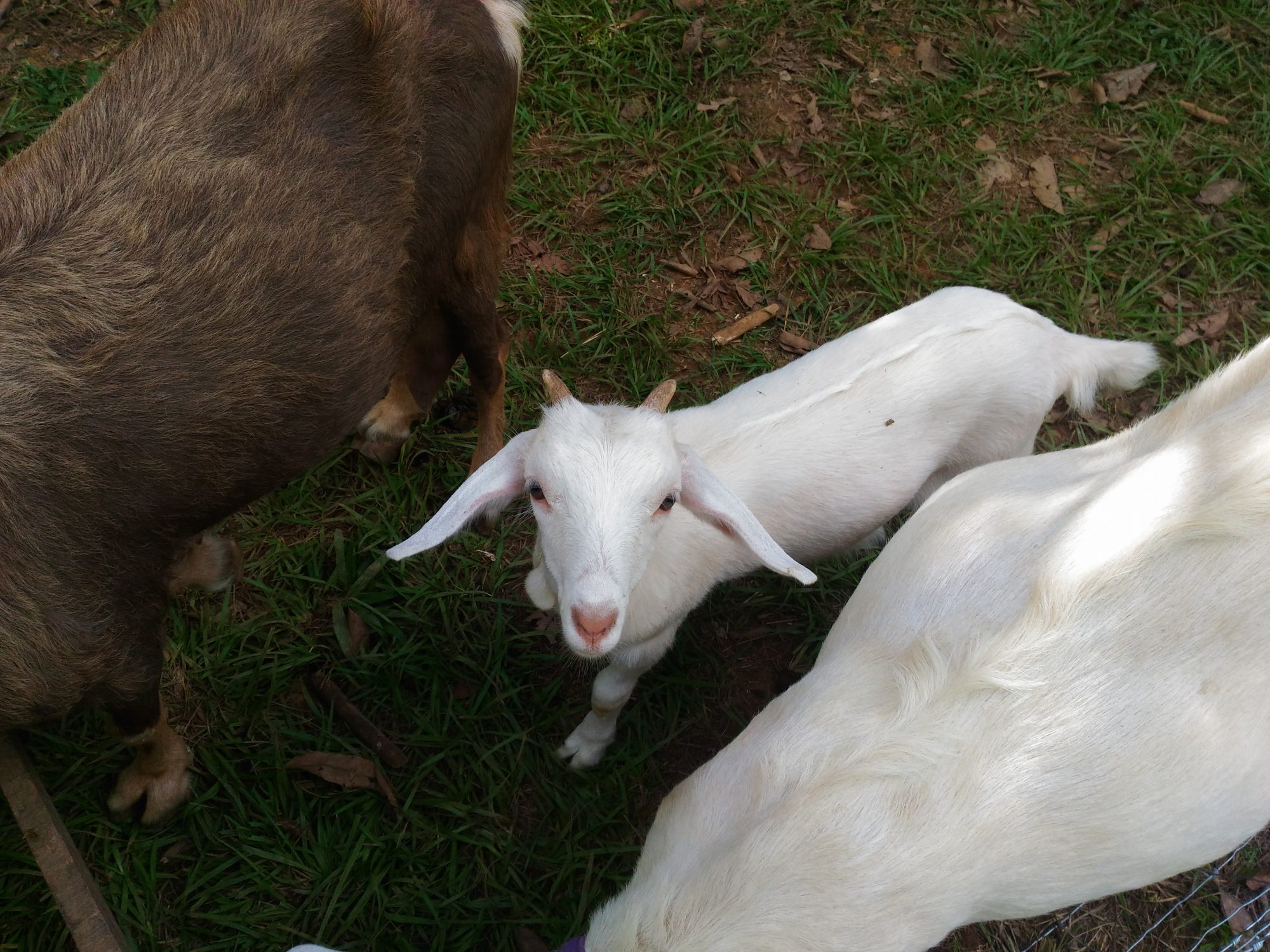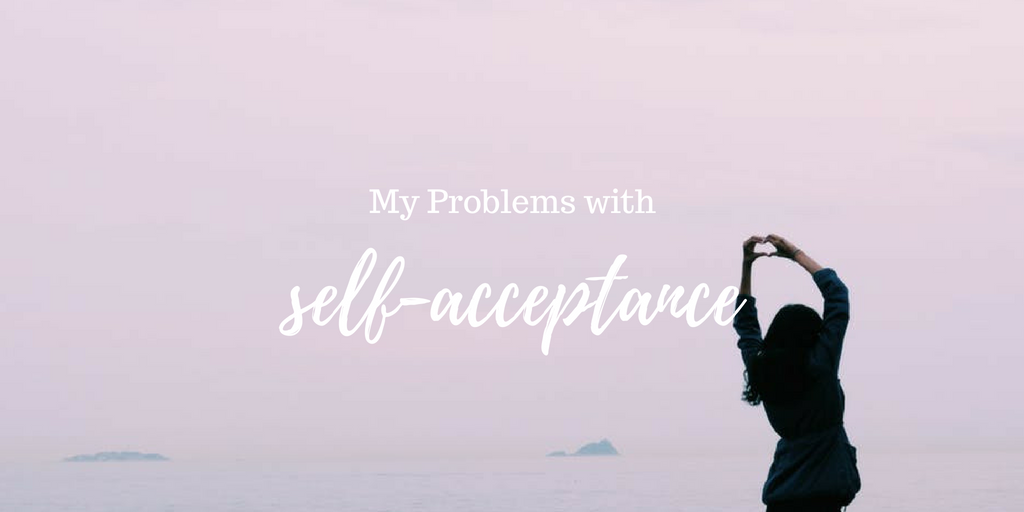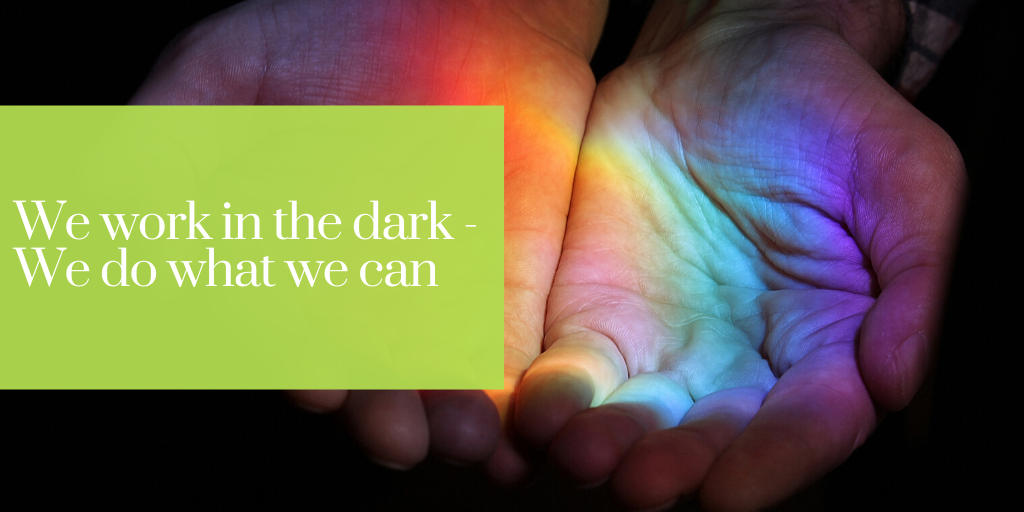
Unlikely Warriors
Thoughts on ‘The Warrior Ethos’, By Steven Pressfield
Tomorrow I begin Seth Godin’s altMBA program. Our first writing prompt was to create a one-page actionable summary of a book most will not have read that changed our minds. This is mine.
I’m the kind of person that my father would refer to as a ‘Bleeding heart liberal hippy’. As I write this, I have a runt goat with a splint in the yard that I have been helping to eat at 4-hour increments rather than take him back behind the barn like any reasonable farmer would. So what am I doing reviewing a book about Stoic philosophy; a book that begins by explaining how the unfit babies were left for the wolves?
I ended up with this book because I liked ‘The War of Art’ so much I wanted to see more writing from Steven Pressfield. But when I read the introduction where he says clearly that his book is designed for men and women in uniform, I became concerned. What would I get out of this? It turns out, plenty.
Five thoughts from this book that can become part of your life right now, even if you are not the type anyone would ever describe as ‘stoic’:
- Have a code. What your code looks like will be different for each of you, depending on the internal and external wars you are fighting right now. But when you have a strong code, decision-making becomes easier. No one is born with this, but it can be learned and it can be taught.
- Celebrate feminine strength. Pressfield makes it clear that the firm resolve and strength of the Spartan women was a big part of the army’s success. In today’s society we are sometimes discouraged from manifestations of strength; told that these are aggressive or masculine tendencies. But this book illustrates how the stability of the entire culture depends on the feminine warrior: her ability to rise to the occasion, defend her home, and teach her children well.
- Respect for the enemy. This differentiates the Warrior Ethos from Tribes (as defined by Pressfield, not Godin!), which set up the world in the black and white ‘us vs. them’ mentality that we see so often in sensationalized journalism. Recognize that today’s enemy might be tomorrow’s friend and require cooperation and treat them with that kind of respect now.
- The shield trumps the spear. The idea is that a helmet and spear only protect the individual, but the shield protects every man in the line. “The group comes before the individual. This tenet is central to the Warrior Ethos.” Selflessness, generosity and the idea that you can count on the rest of the team create courage and loyalty. This is how we become leaders as opposed to mere managers.
- Don’t be afraid of adversity. Being willing and even eager to take on what others would not is part of what sets us apart. Pressfield says, “The payoff for a life of adversity is freedom.”
While I never would have seriously considered describing myself as a warrior, these are qualities and ideas that I want more of in my life and am willing to work for. All of us who are here in this class are here because we are willing to be uncomfortable. Being willing to do something different and not just go along with the flow because it is easy requires a certain amount of inner strength, the kind of strength that I think the ideas in the book would speak to. We can use these ideas to promote honor and sacrifice in a society that often seems to reward the opposite (so much so that it is almost embarrassing to write this where someone might read it). And my shield is always yours.
Be Amazing!
Alexis




